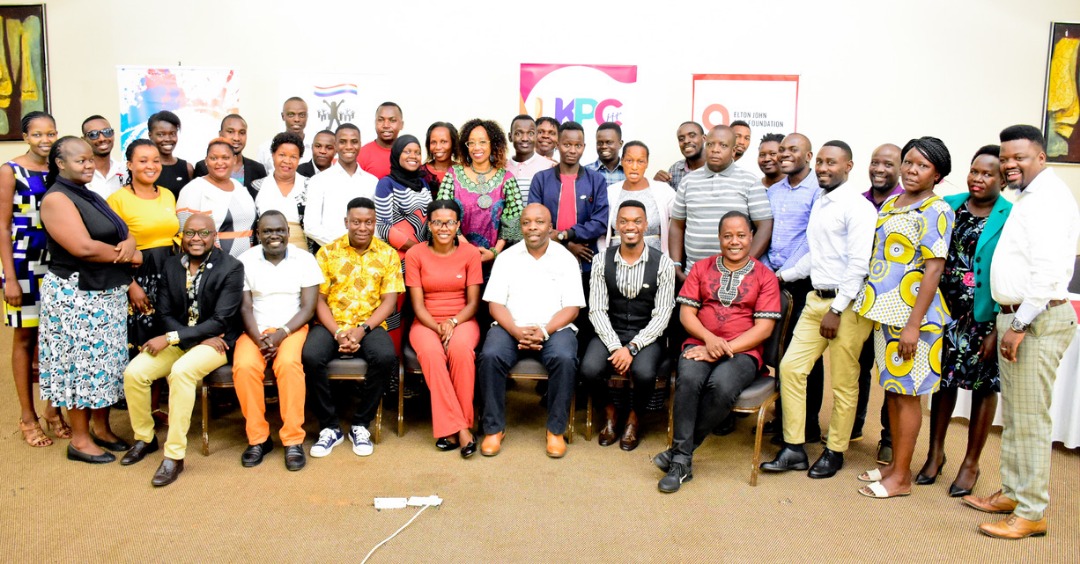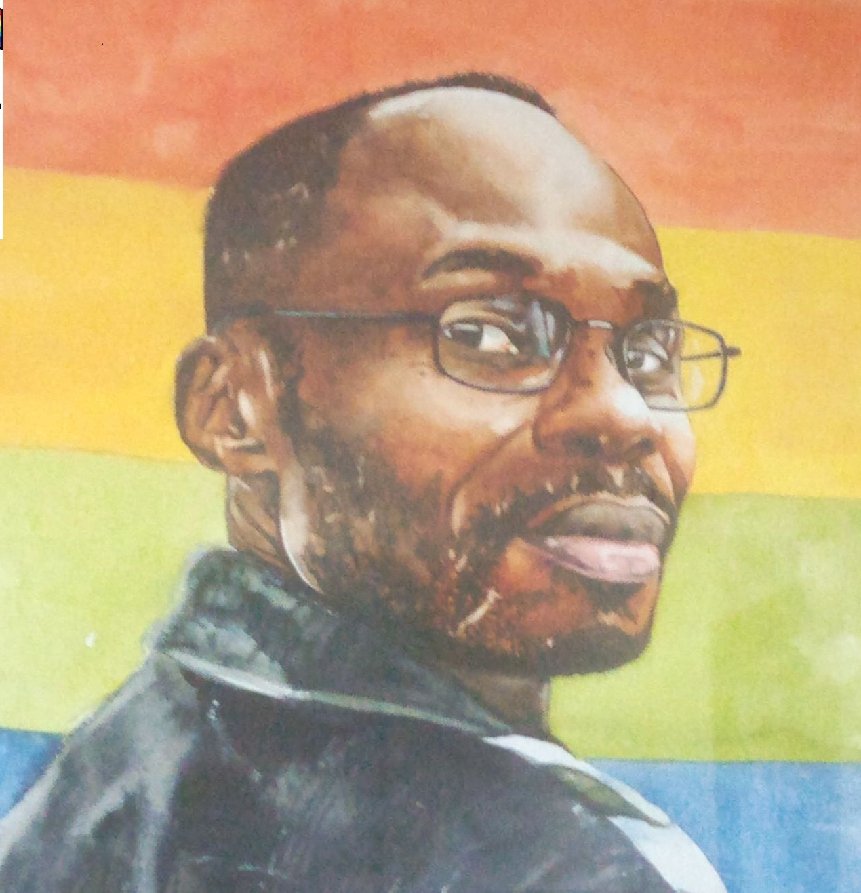By Austin Bryan, Research and Documentation Intern
Considered by many to be the “father” of the Ugandan LGBT movement, David Kato’s legacy continues to live on, as members of the Ugandan LGBT community came together Tuesday 26th 2016 to honor his life in a memorial with the theme “We celebrate your legacy.”
Bishop Christopher Ssenyonjo, who was excommunicated from the Anglican Church of Uganda for supporting LGBT persons, led the memorial service.
“I’m a great fan for Kato because he stood for the truth,” Bishop Ssenyonjo said, “Truth will never die. Your spirit will never die. But why did he take on all this trouble? Because he respected himself.”
The memorial included the premier of the documentary, “And Still We Rise,” directed by Richard Lusimbo and Nancy Nicol, which documents the resistance to the Anti-Homosexual Act (AHA) in Uganda.
Like the story of David Kato, “And Still We Rise” is a story of resilience, and the documentary is also a moving example of participatory documentary making.
Kato’s passion in fighting for human rights was like none other. Kato’s work included documenting local human rights violation based on sexual orientation or gender identity, advocacy for more inclusive HIV/AIDS programming, and at the time — defeating the proposed Anti-Homosexuality Bill in Uganda’s parliament.
Three weeks prior to David’s murder, he had won a right to privacy case in Uganda that he filed with Kasha Nabagesera Kuchu Times ED and Pepe Julian Onziema SMUG PD against the notorious tabloid newspaper Rolling Stone. The tabloid had printed the names, addresses, and photographs of hundreds of people suspected of being homosexuals. The front page had featured David Kato, with the headline “100 Pictures of Uganda’s Top Homos Leak” with a banner reading “Hang Them.” Quickly, SMUG found that David was receiving many death threats after the article was published.
David’s desire for visibility for sexual and gender minorities was both courageous and inspirational to many around the world.
“If we keep on hiding,” he once said, “They will say we are not here.”
His activism shook the world, and at the time of his death presidents, ministers, and foreign dignitaries made statements on the impact of David Kato’s life work.
Hillary Clinton said she was “profoundly saddened” by David’s death.
“And as we reflect on his life,” Clinton said, “it is also an occasion to reaffirm that human rights apply to everyone, no exceptions, and that the human rights of LGBT individuals cannot be separated from the human rights of all persons.”
The David Kato Vision and Voice Award (DKVVA) Steering Committee also announced a new Secretariat in commemoration of the anniversary of David Kato’s death.
The secretariat of the award was founded at the International Planned Parenthood Federation (IPPF), then moved to the Global Forum on MSM and HIV (MSMGF)for the past two years. During MSMGF’s tenure as secretariat, DKVVA selected two awardees from hundreds of impressive global nominees and built a successful partnership with the Teddy Awards of the Berlin International Film Festival for heightening visibility of the awardees and prize. The DKVVA Steering Committee now transfers the secretariat to the Kaleidoscope Trust.
The Kaleidoscope Trust was established in London in 2011 to advance the human rights of lesbian, gay, bisexual and transgender (LGBT) people in countries where they lack their equal rights. The Trust’s mission is to: listen to the voices of LGBT people whose human rights are threatened by discrimination; amplify their messages and draw on their expertise to persuade public and political opinion to work as a catalyst for meaningful change. Hosting the David Kato Voice and Vision Award Secretariat is one of the concrete ways in which the Trust can recognize and support LGBTI leaders to carry out their activism in the face of challenges including systematic discrimination and capacity constraints.






